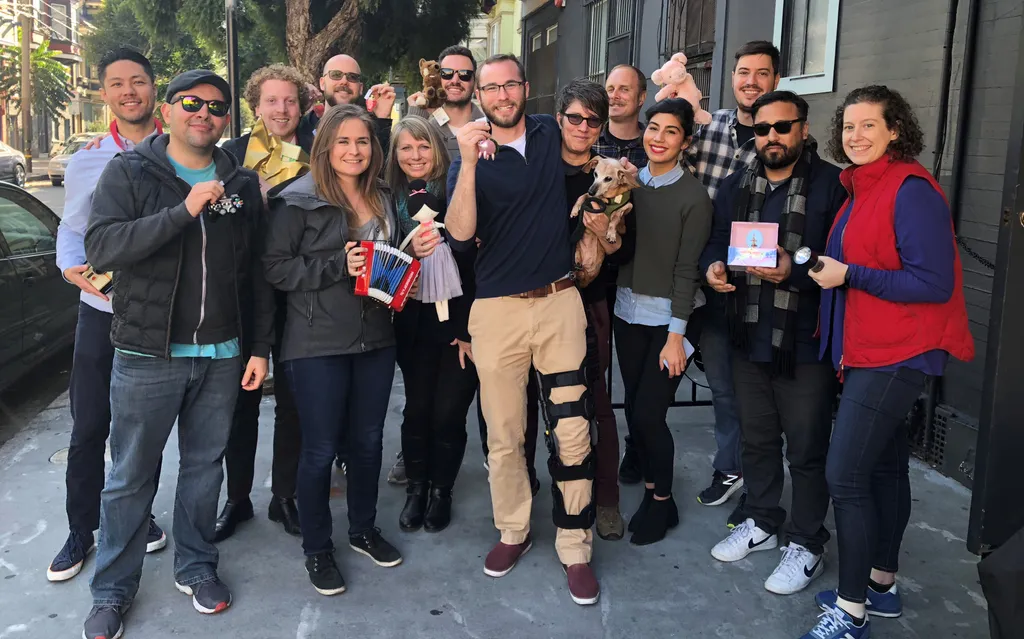Members of the ground-breaking Oculus Story Studio team are announcing a new company, Fable Studio, with a premiere this week at the Sundance Film Festival of the final project born at Facebook.
Wolves In The Walls is about an interactive little girl named Lucy and it was what Oculus Story Studio was working on when Facebook shuttered it last year. The group consisted of creators from the likes of Pixar and turned out three critically acclaimed shorts for VR — Lost, Henry, and Dear Angelica that stood as examples of state-of-the-art VR software design in 2015, 2016, and 2017. The division was closed not long after Google veteran Hugo Barra took over control of Facebook’s VR efforts last year. Facebook, however, agreed to support the continuation of Wolves In The Walls, which is adapted from a book by Neil Gaiman. The first chapter of what is planned as three installments for Wolves In The Walls premieres at Sundance.
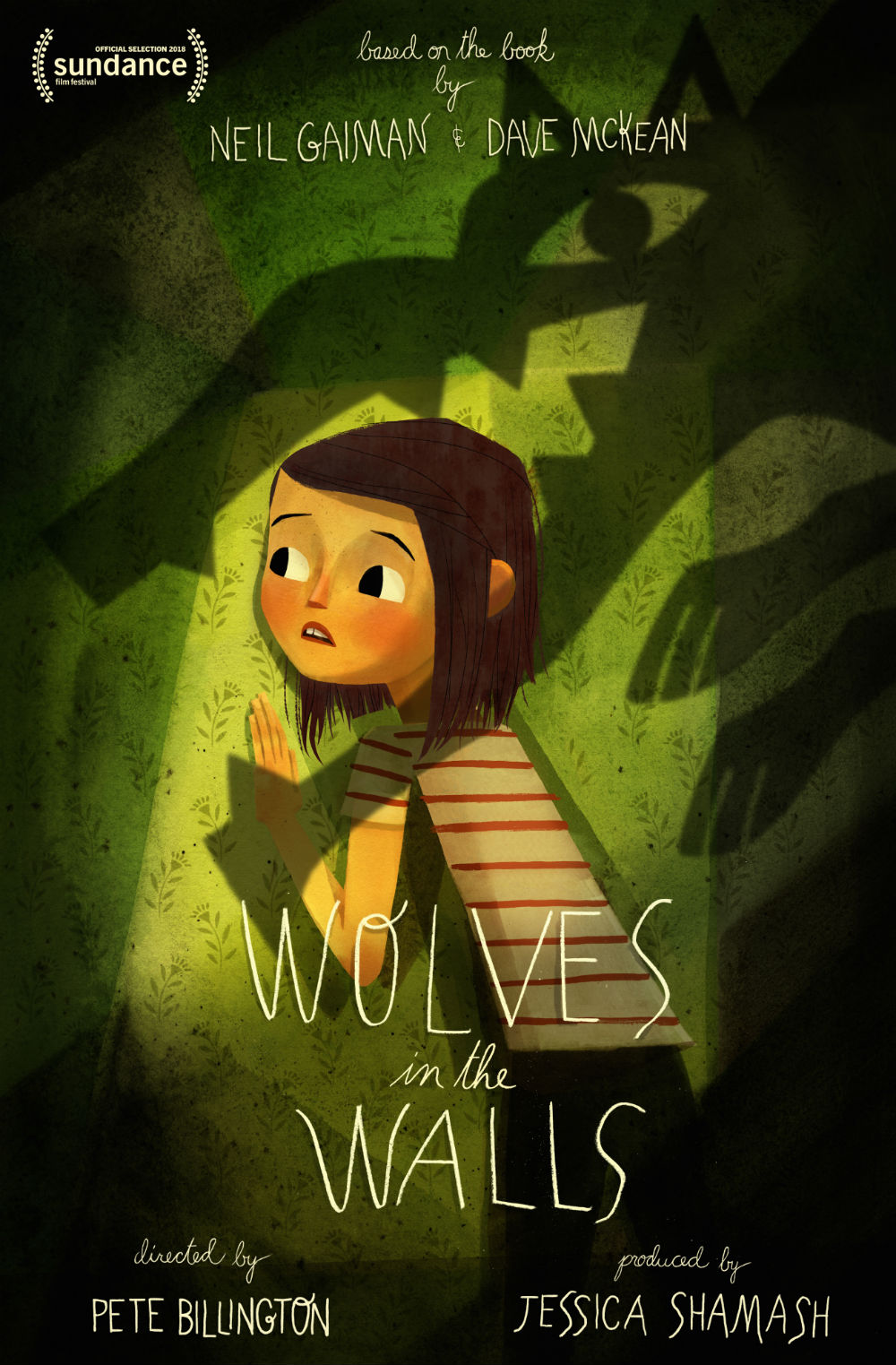
Speaking with Fable co-founder Edward Saatchi, he tells me the studio aims to find a sweet spot where they can make money from the sale of VR (and AR) experiences built around interactive characters and compelling stories. Some independent VR game creators with small teams seem to be able to achieve millions in gross revenue by putting their projects on digital storefronts like Steam, the Oculus Store, and Sony’s PlayStation Network Store, and charging anywhere from roughly $15 to $40. These games generally offer hours of content or high replayability. Non-game experiences — essentially short stories presented with limited interactivity in VR — are having a tougher time at it.
Beautifully animated characters in stories from startups like Baobab, The Virtual Reality Company, and Penrose are generally offered for free targeting a wide user base on phone-based headsets such as the Gear VR. An exception to that general rule would be VRC selling Raising A Rukus at around $4 — one of the first examples of this kind of content seeking sales over wider recognition. With Fable Studio, Saatchi initially wants to test whether buyers are willing to pay around $1 for 10 minutes of content centered on interactive characters.
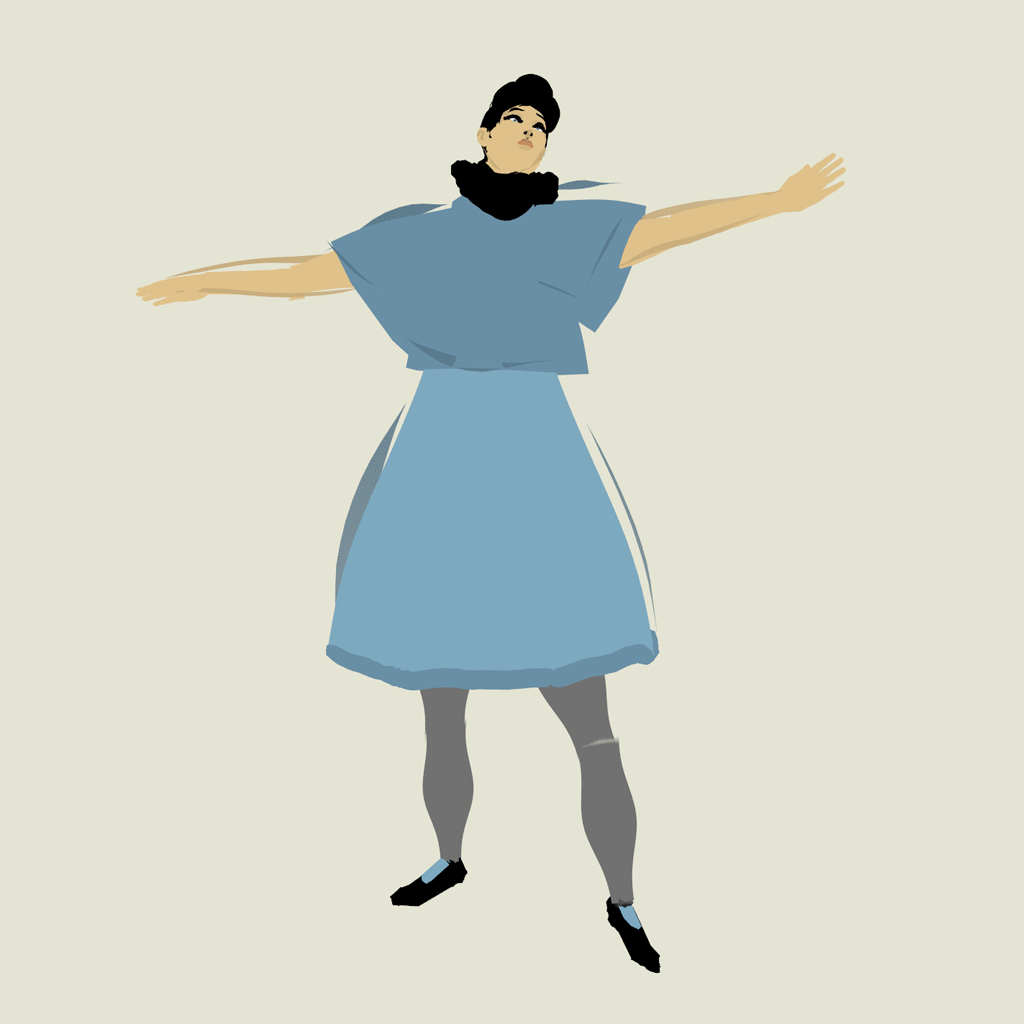
Saatchi and co-founder Pete Billington are hoping that multi-disciplinary creators can produce compelling content quicker and cheaper than ever before using “made in VR” software like Quill, Tilt Brush, and Blocks.
The last project at Oculus Story Studio, Dear Angelica, was developed in tandem with VR creation software Quill. Dear Angelica is a touching experience using compelling audio with so-called “quillistrations” that aren’t exactly animated but still come to life. Wolves In The Walls was already in development before Quill was ready, so it isn’t made in VR, but future projects revealed by Fable Studio are hand-made in Quill and other “made in VR” tools.
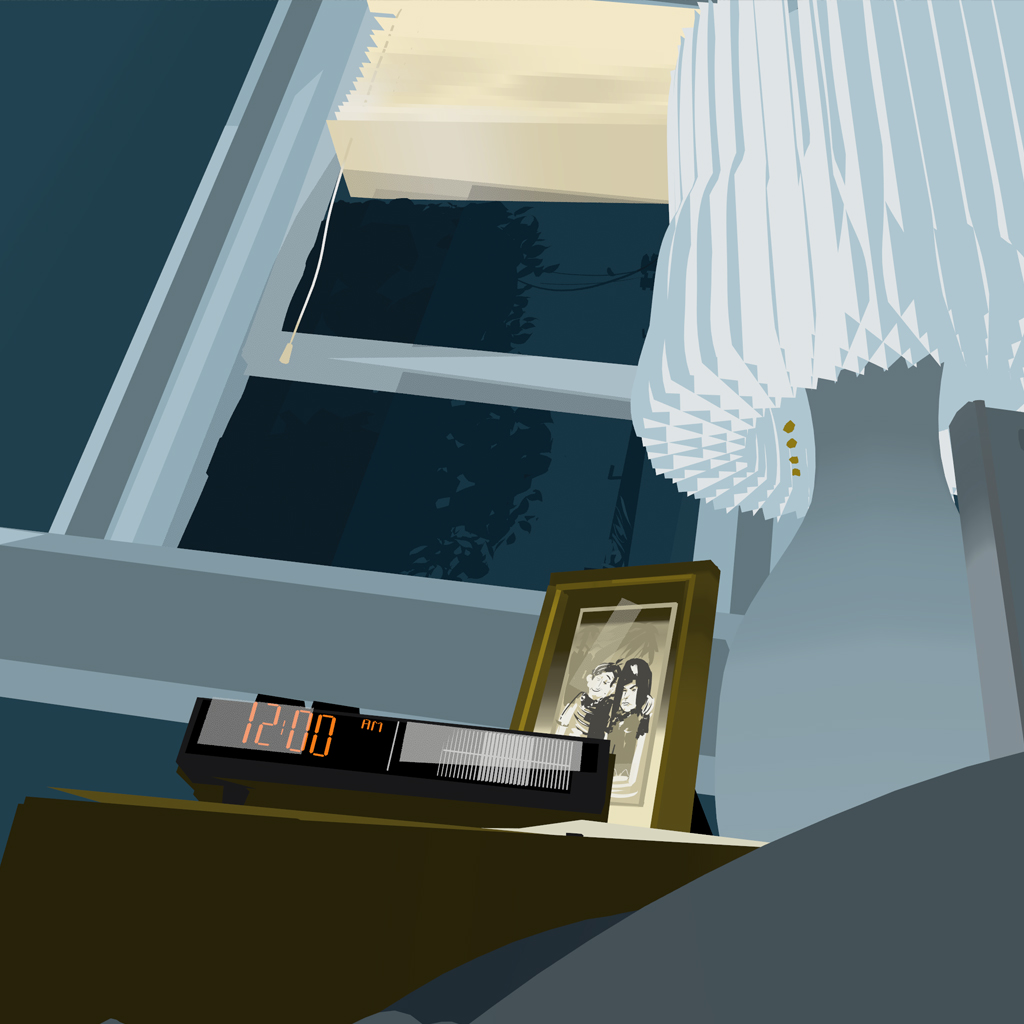
“We aren’t necessarily thinking of ourselves as a VR movie studio anymore, as much as a company trying to solve a really hard problem — which is interactive characters,” said Saatchi. “Years ago the thought was that the holy grail was a two hour VR movie — I’m not convinced that’s the holy grail anymore.”
Saatchi clarifies that Fable isn’t exactly an artificial intelligence company. Right now they want to focus on the constraints of hardware and level of interactivity possible with current VR systems to develop stories and characters that lead you on a journey rather than, say, respond to your every whim.
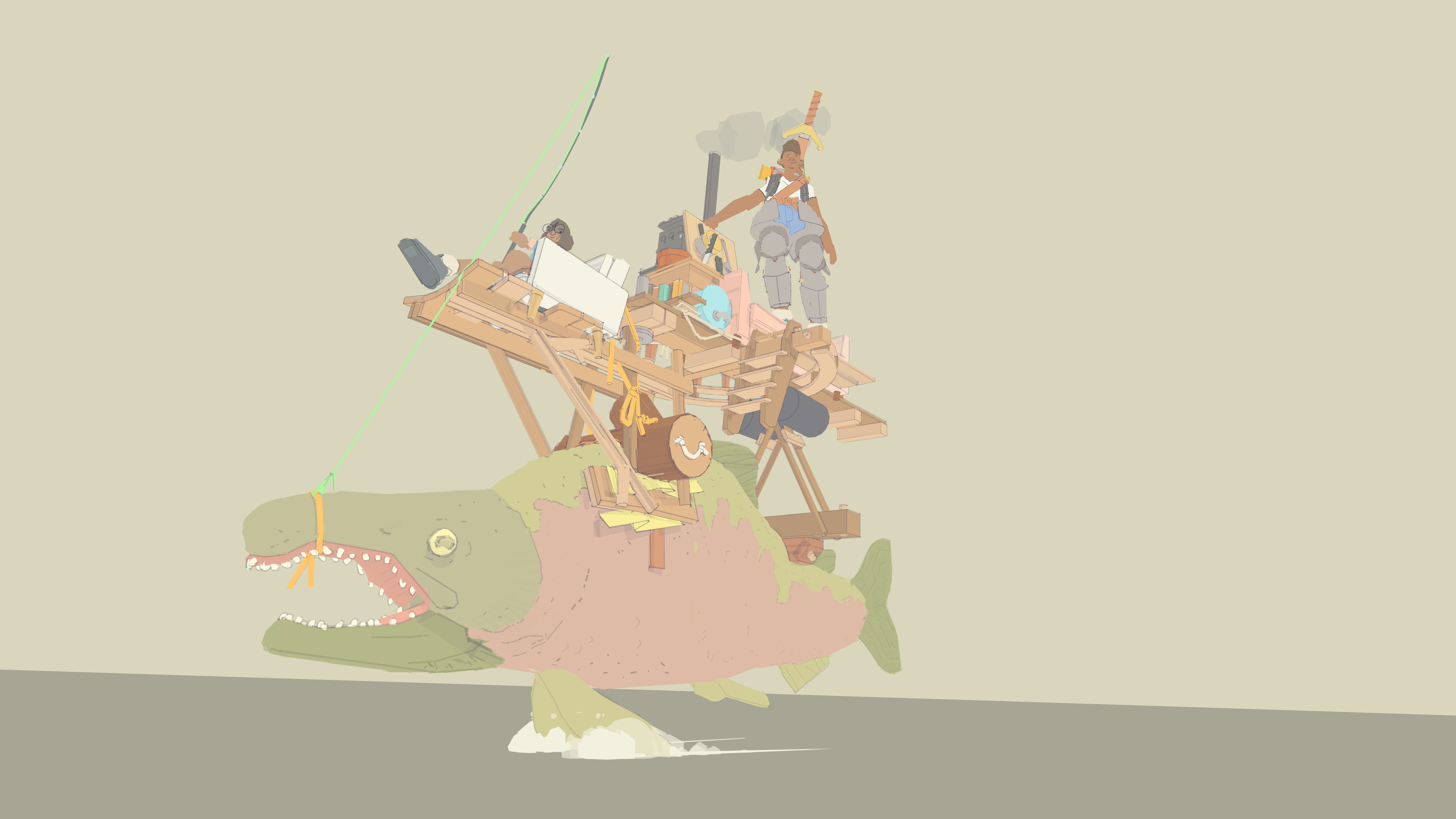
The upcoming slate after Wolves in the Walls includes:
- ORIGIN – A group of artists work together to solve a virtual reality scavenger hunt to recover stolen art,
- 10 – 10 is an illustrative real-time documentary using Quill to explore a real-life story,
- DERAILED – A social virtual amusement park ride with the theme of sleep anxiety,
- MAGIC RIVER YACHT CLUB – The viewer follows a giant salmon and its crew up river as they compete in a 500 mile regatta.
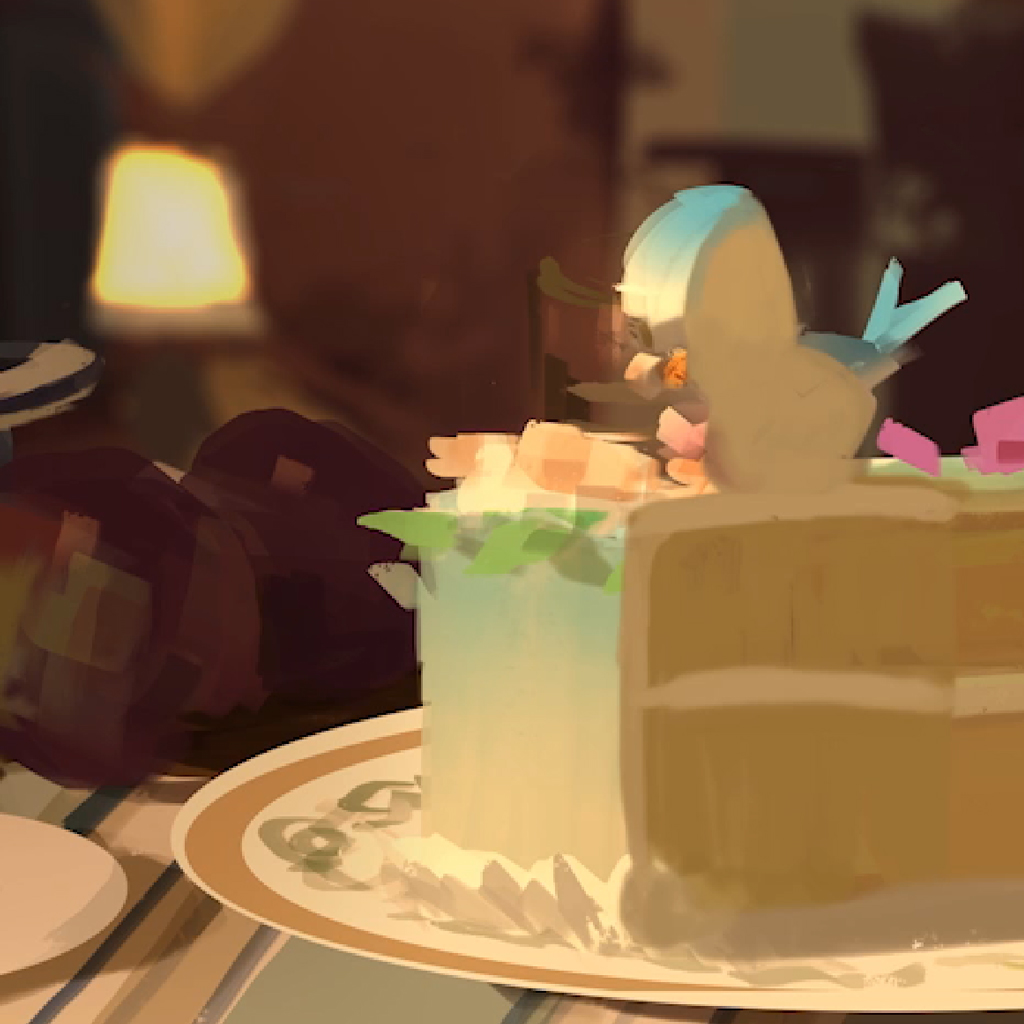
I checked with Facebook and confirmed that Quill is still in active development, so as that software and other VR creation tools improve, Fable is poised to continue the journey started by Oculus Story Studio innovating compelling stories at the very cutting edge of spatial computing.
“We’ll use the tools to meet the project but made in VR is an untapped way to make VR and AR movies,” Saatchi said.

